Published:2025-05-28 12:00:11Source:JuxiaAuthor:Juxia
By the time you reach advanced Omaha Poker strategy, the basics are muscle memory. You understand hand selection, betting rounds, and the power of position. But true expertise lies in mastering nuance—the layers of logic, psychology, and timing that separate profitable regulars from the average grinder.
This guide is not just about playing better hands. It's about becoming a more strategic, efficient, and psychologically resilient player.
Let’s dive into the 8 key steps that will help you transition from solid to elite.
Average players ask: “What do I have?”
Advanced players ask: “What do they have—and what do they think I have?”
Thinking in hand ranges instead of single hands is the foundation of expert-level decision-making.
How to Apply:
- Assign a range based on pre-flop action and position.
- Narrow the range as more board cards are revealed.
- Evaluate where your hand sits in your range (not just your absolute strength).
This allows for bluffing, value betting, and folding with clarity—not emotion.
Advanced Omaha play demands sharp board-reading ability. You must read both the actual board and the perceived one.
Example:
Board:J♣ 9♣ 8♠
This is a dynamic board—loaded with potential straights, flushes, and redraws.
On this texture:
- Top set is rarely the nuts for long.
- Bare two-pair is unplayable.
- Drawing hands can hold massive equity.
Understanding how volatile or static a board is allows you to determine:
- Whether to pot control
- Whether to apply pressure
- How wide your opponent’s continuing range should be
In tournament play and deep-stack cash games, understanding stack leverage is vital.
Stack Psychology Tactics:
- Short-stacked opponents are risk-averse—exploit with pressure.
- Deep-stacked play increases implied odds—build pots with disguised hands.
- Medium stacks fear ICM (tournament bubble pressure)—you can steal with less risk.
When you combine position with stack depth psychology, you gain behavioral leverage, which is more powerful than cards alone.
A key evolution in PLO is knowing when to bluff intelligently. This comes down to blockers and semi-bluffs.
Example:
Board:K♦ Q♦ 6♠ 3♠
You hold:A♦ J♣ 9♥ 2♠
You have:
No made hand
No flush
BUT: The ace of diamonds blocks nut flushes
The jack gives you backdoor straight equity
This is a perfect spot for a semi-bluff with blockers, especially if your opponent checks turn after betting flop.
Bluffing is no longer “playing scary.” It’s about controlling perception through probability.
Most players think street by street. Advanced players think through the river before making any move.
Multi-Street Planning Example:
On the flop, ask yourself:
- If I check now, do I have a credible turn bluff?
- If I bet flop, will I have fold equity on the river?
- What river cards improve my range vs. theirs?
This forward-thinking helps:
- Avoid pot commitment with weak holdings
- Set up believable bluffs
- Value bet thinly and efficiently
Discipline in forward thinking leads to higher ROI and fewer “oops” moments.
Against weaker players, you should exploit with:
- Overbetting value hands
- Avoiding thin bluffs
- Charging for draws
Against tougher opponents, you must rebalance:
- Add semi-bluffs to avoid being transparent
- Slow-play some monsters to protect weaker holdings
- Occasionally deviate from theory to stay unpredictable
In advanced poker, adaptability is more important than optimality. Read the table, not the textbook.
Even great players stagnate without feedback. You need a process.
Self-Audit Techniques:
Use poker tracking software (e.g., PokerTracker, Hold’em Manager)
Mark questionable hands and review weekly
Hire a coach or join a review group
When you commit to regular analysis:
Your leaks become obvious
Tilt-based decisions decrease
Confidence builds from evidence, not emotion
Performance psychology calls this deliberate practice—a feedback-intensive path to mastery.
High-level Omaha is emotionally brutal. Variance is sharp, and swings are unavoidable. Your edge comes from how well you manage mental strain.
Advanced Mental Strategies:
Practice session-time limits to avoid fatigue-based mistakes
Develop in-game breathing or centering routines
Log emotional tilt triggers to identify patterns
Use visualization before play sessions
As stakes rise, psychological edge becomes more important than technical edge. You’re not just playing cards—you’re playing yourself.
Many advanced players make the mistake of plateauing after they “get good.” They rely on instincts and history instead of systems.
To keep improving:
Study solvers, but question them.
Build your own heuristics for spots (e.g., “always c-bet dry A-high boards from CO”).
Create systems for session prep, review, and bankroll tracking.
Sustainable edge in poker is never accidental. It is systemized, tracked, and refined.
1. Think in ranges, not hands
2. Analyze board textures deeply
3. Exploit stack pressure psychology
4. Bluff with purpose using blockers
5. Plan across streets, not just one
6. Rebalance based on opponent skill
7. Build a data-backed feedback loop
8. Train your focus and emotional stamina
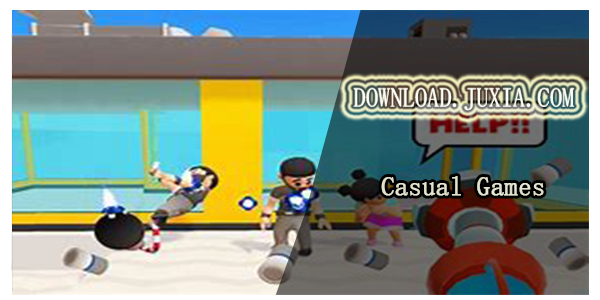
Top Free Casual Necessary Games for Android
Looking for some quick gaming fun? Our new super-casual game is perfect for entertaining bursts in your busy day. With simple, intuitive gameplay crossed with challenges that engage your brain, you'll keep coming back again and again. No complex controls or tutorials - just open and play anywhere, anytime. Vibrant art style and upbeat music create a lighthearted experience.

Omaha Poker Rules Explained: Learn the Official Rules Fast and Easy

Omaha Poker Intermediate Strategy: How to Play Smarter and Win More

How to Play Omaha Poker: A Step-by-Step Beginner’s Guide
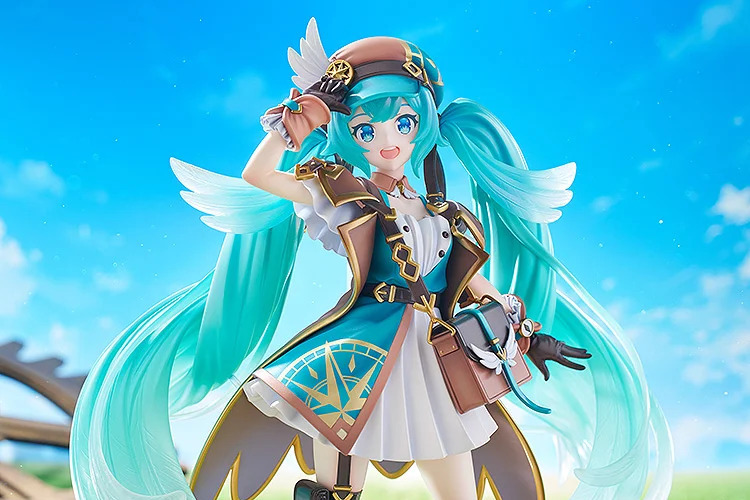
Juxia Figure Review - Hatsune Miku 100th Adventure Ver Preorder Now!

Juxia Game Review – WoW Midnight Deep Dive: Release Date, Player Housing, and Prey System!

Juxia Anime Review - 'The Demon King’s Daughter Is Too Kind!!' Anime Upcoming Adaptation!
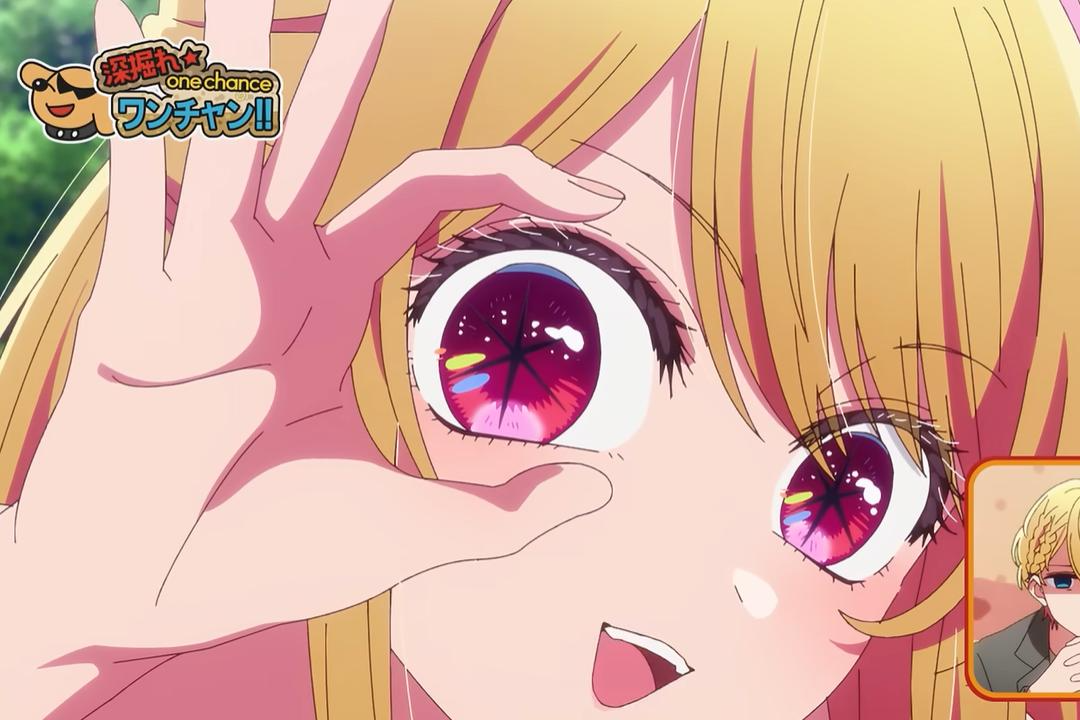
Juxia Anime Review - OSHI NO KO Season 3 Release Date, Trailer, and Story Predictions!
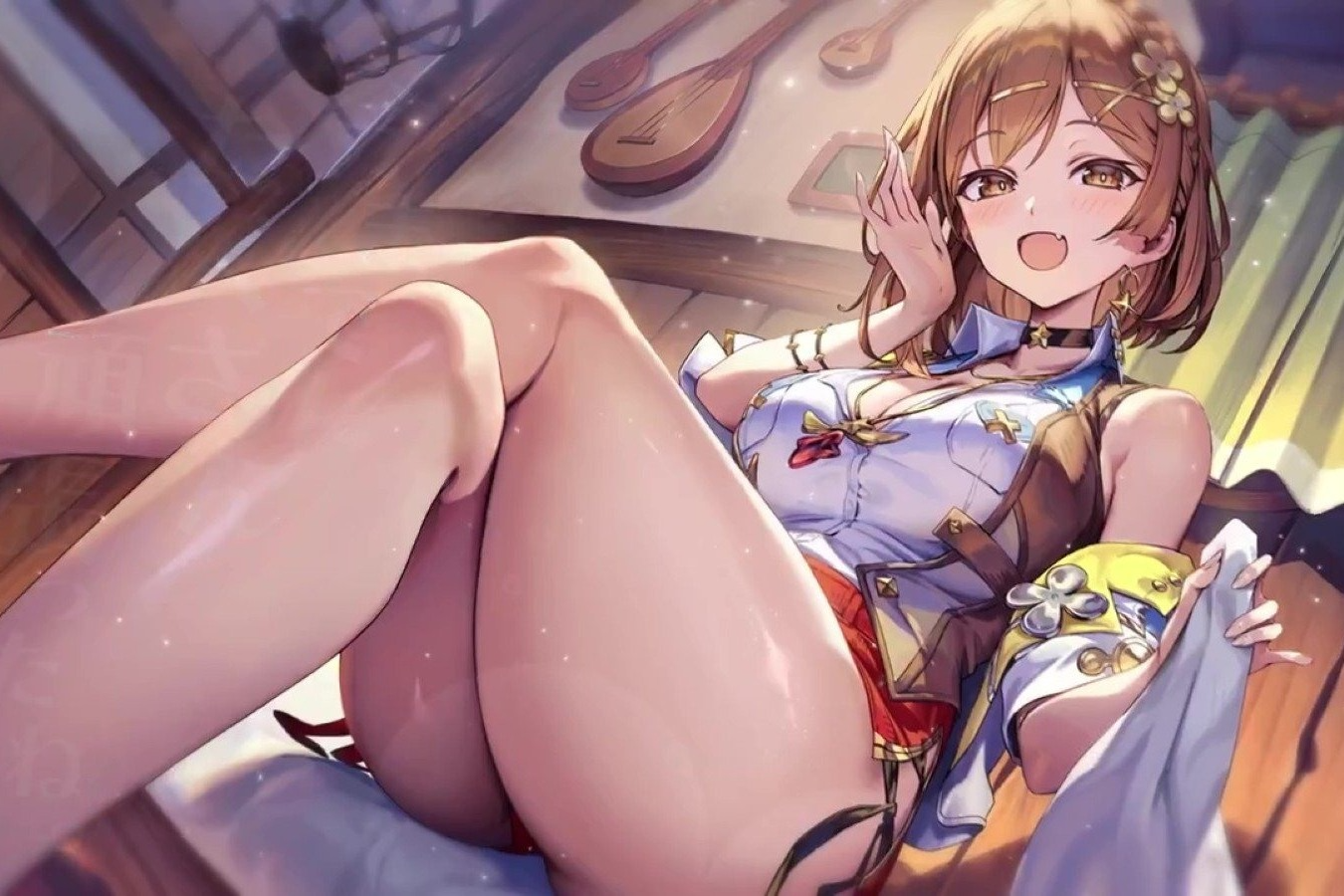
Juxia Game Review - Koei Tecmo’s Atelier Ryza ASMR Hits DLsite!

Juxia Game Review - Elon Musk Just Challenged LoL Pros With Grok 5, and the Internet Is Losing It!

Juxia Game Review - The Ultimate Final Fantasy VII Remake Intergrade Switch 2 & Xbox Breakdown
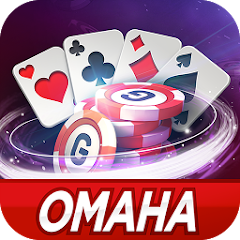
If Texas Hold’em is the chess of poker, then Omaha Poker is its three-dimensional cousin—more intense, more strategic, and infinitely more exhilarating. With four hole cards instead of two and endless hand possibilities, Omaha Poker demands not just luck, but sharp calculation, deep knowledge, and a flair for drama. Whether you're a casual card lover or a serious strategist, this game app takes Omaha Poker to a new level—pairing authentic gameplay with modern features to give you the ultimate online poker experience!
Juxia Game Review - Koei Tecmo’s Atelier Ryza ASMR Hits DLsite!
Juxia Anime Review - You Can't Be in a Rom-Com with Your Childhood Friends! Anime Adaptation
Juxia Anime Review - Why You Should Revisit Chained Soldier Explosive First Season
Transform Text and Photos into incredibly creative emojis with 'AI Emoji'
Sword of Justice Global Launches Soon - Everything You Must Know!
Sword of Justice Class Guide (7) - All School Classes Explained & Reviewed!
Sword of Justice Class Guide (6) - Sylph: Healing, Revival, and Grace in Battle!
Sword of Justice Class Guide (5) - Ironclad: Why This Rare Tank Class Is Worth Playing!
Sword of Justice Class Guide (4) - Numina: Master the Art of Poison and Tactical Combat!
LIVE A HERO
Retro Hero Mr Kim
Empire of Passion
Arcane Quest Legends
Magic Snap: Momotaro
AllStar Manga Heroes
Lunescape
ONE PIECE Thousand Storm JP
Tap Titans 2